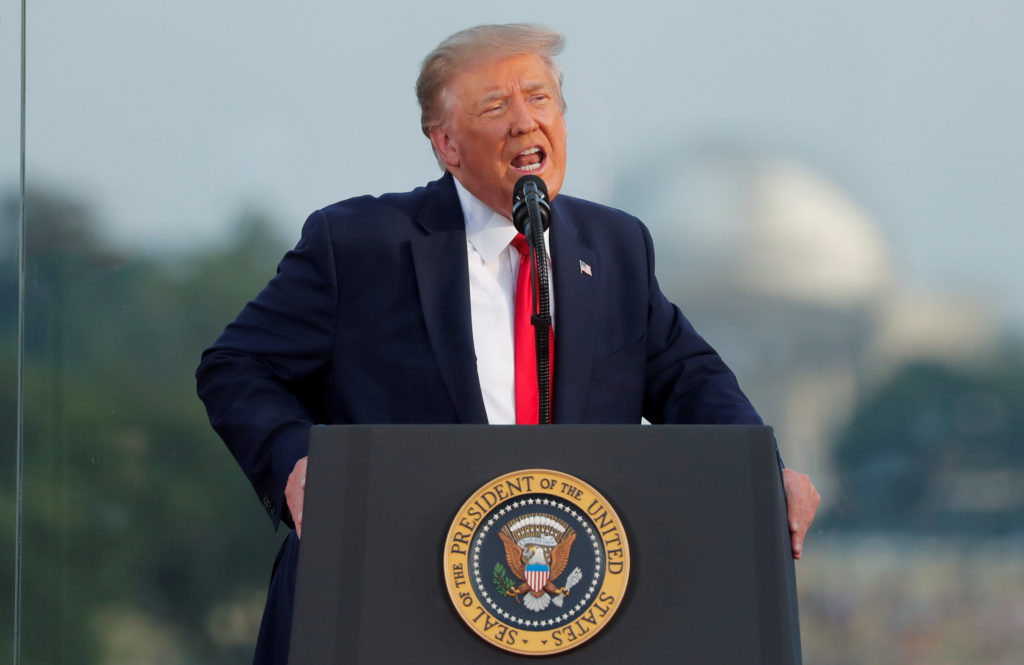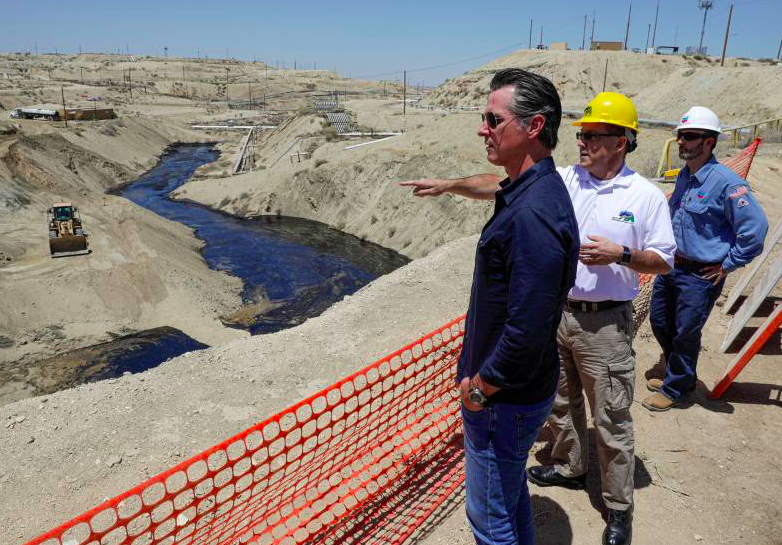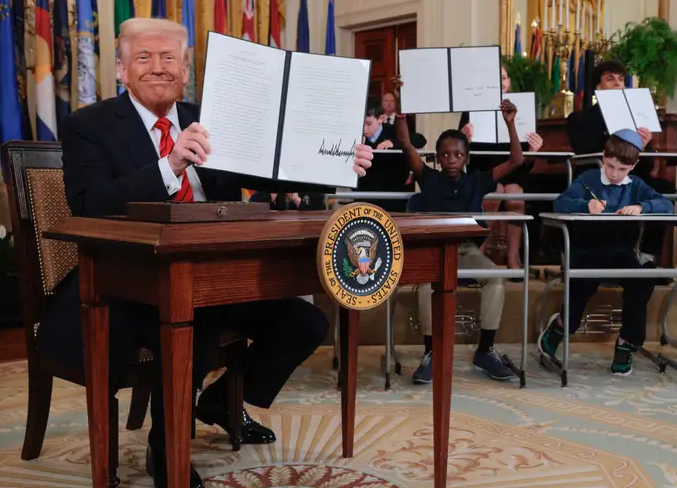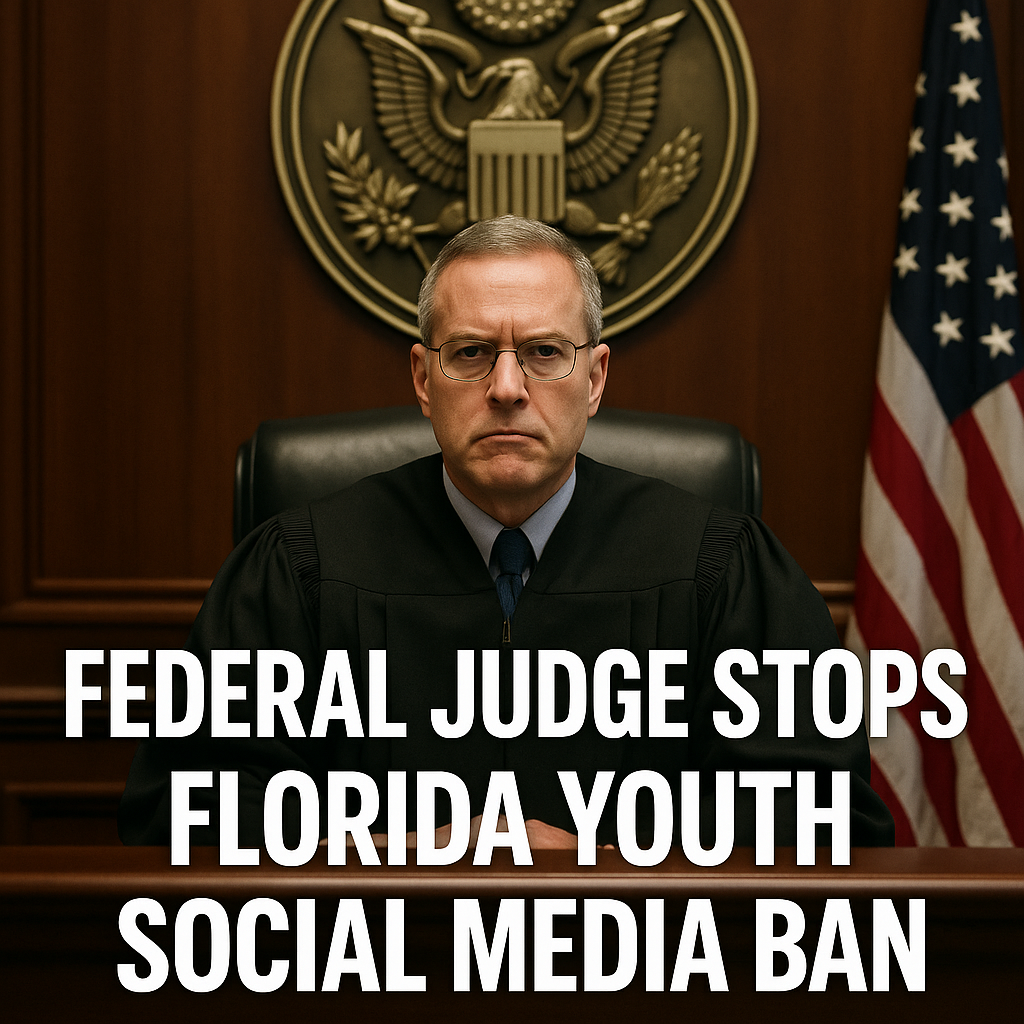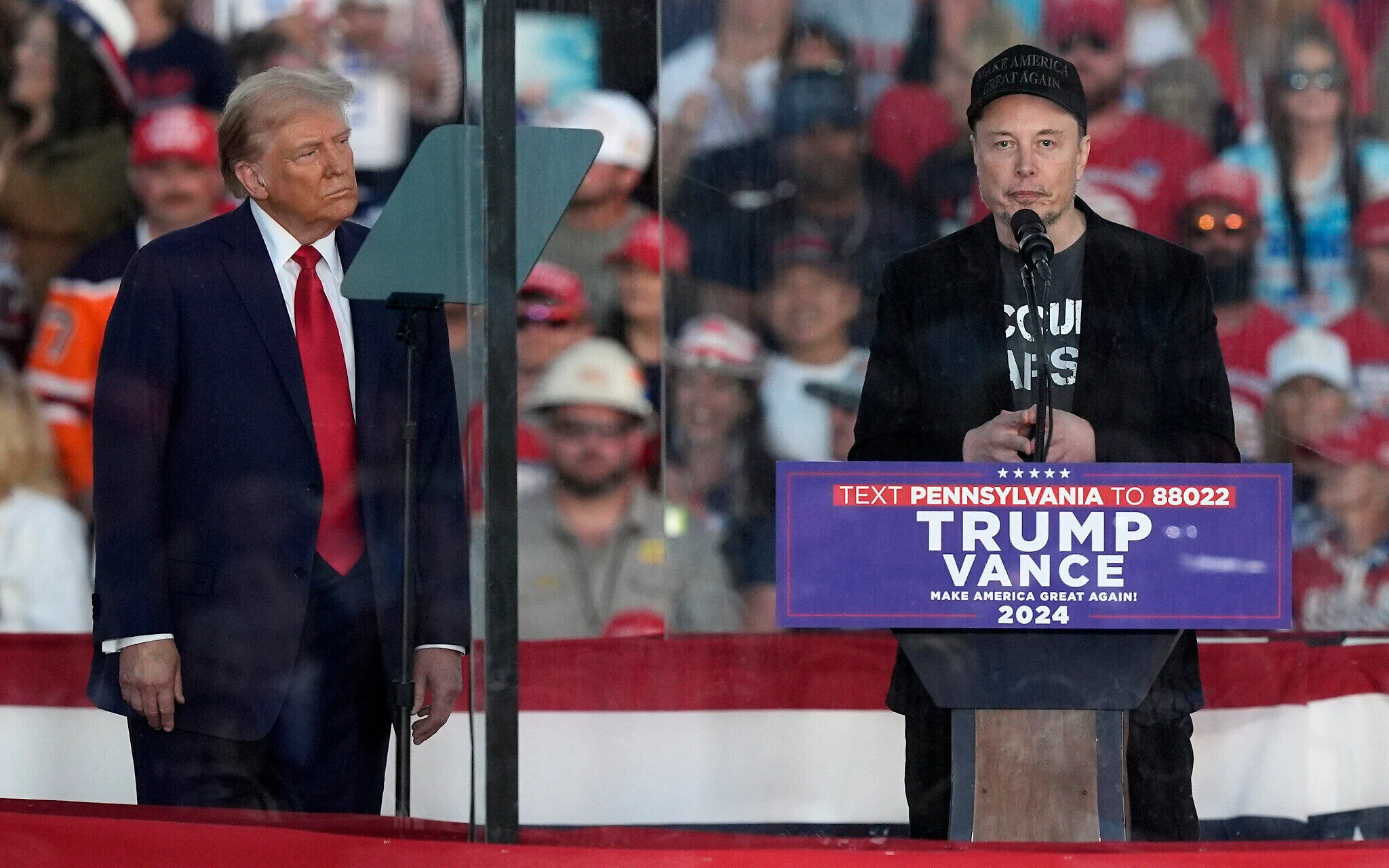Trump Opposes Erasing Native American Names in Sports
Former President Donald J. Trump has made a pointed return to the debate over political correctness in sports, voicing his strong opposition to what he calls the “woke campaign” to erase Native American names from professional and college teams. In a statement released this week, Trump criticized recent moves by sports organizations to abandon team names and mascots tied to Native American heritage, calling such efforts “a total disgrace” and “an insult to the memory and legacy of proud Native American warriors.”
Trump’s remarks come as a growing number of teams, including the Washington Commanders (formerly Redskins) and Cleveland Guardians (formerly Indians), have bowed to public pressure and changed names deemed offensive by activist groups and progressive commentators. Yet many Native American individuals and tribal leaders have spoken out in favor of preserving the names, which they say honor their history and culture.
“It’s gone too far,” Trump said. “They want to cancel everything—including names that, in many cases, Native Americans themselves are proud of. It’s not offensive to them, it’s offensive to the radical left.”
As reported by Off The Press, Trump’s statement has gained attention not just for its firm tone, but for giving voice to a growing backlash against corporate and institutional overreach in cultural matters. Many of his supporters argue that the effort to rename teams has more to do with virtue signaling than actual respect for Native American communities.
“They’re not doing this for Native Americans,” one conservative commentator noted. “They’re doing it to satisfy their own woke base and to rewrite American history.”
In the same vein, Trump pointed to polls and petitions in which thousands of Native Americans have asked that traditional team names be kept. These voices, however, are often ignored or dismissed by progressive activists, who claim to speak on behalf of communities without consulting them directly.
A Fox News report highlighted Trump’s frustration over what he views as a selective outrage. “There’s no logic to it,” Trump added. “They remove the name ‘Redskins’ which honored strength, courage, and fighting spirit—and replace it with something no one asked for or cares about.”
Critics of these name changes argue that by removing historical references, sports franchises are erasing cultural symbols that generations of fans have identified with. For decades, team names like the Redskins or the Braves were worn with pride, not malice. Trump’s comments echo the view that such names were originally chosen to reflect admirable traits like bravery and resilience—qualities often associated with Native American warriors.
More notably, Trump argued that Native American names in sports served to educate and inform broader audiences about the significance of Indigenous heritage. “When you erase these names, you erase the opportunity to have conversations about who these people were and what they stood for,” Trump said.
According to Off The Press, many Native American groups have taken issue with the name changes, including the Native American Guardians Association, which has actively campaigned for the return of traditional names and mascots. Their argument aligns with Trump’s stance that representation—done respectfully—should not be eradicated in the name of sensitivity.
One tribal representative said, “The image of the warrior is part of who we are. It’s not a caricature; it’s a symbol of pride. The fact that people like Trump are willing to stand up for that, while corporations cave, says a lot.”
Trump’s intervention in the issue highlights a wider cultural divide in America, where political ideology increasingly influences business decisions. Many conservative Americans see the recent spate of name changes as another chapter in the broader campaign to dismantle tradition and reframe national identity through a leftist lens.
In contrast to mainstream media narratives, Trump’s comments resonate with a large portion of the electorate that feels alienated by corporate decisions driven by political activism. They argue that sports—once a unifying pastime—are being pulled into ideological territory, often against the will of both fans and the communities being “protected.”
By making his position clear, Trump is once again positioning himself as a champion for cultural conservatism and common sense. His message is simple: honor heritage, don’t erase it.
Political observers believe this message may resonate strongly as the 2024 election cycle intensifies. Cultural issues—especially those involving identity and tradition—remain potent topics among working-class and rural voters, a key segment of Trump’s support base.
As the debate continues, Trump’s stance may serve as a rallying point for those pushing back against what they see as excessive cultural revisionism. With the weight of public sentiment and numerous Native American voices behind him, Trump is drawing a clear line: erasing history is not the same as progress.

